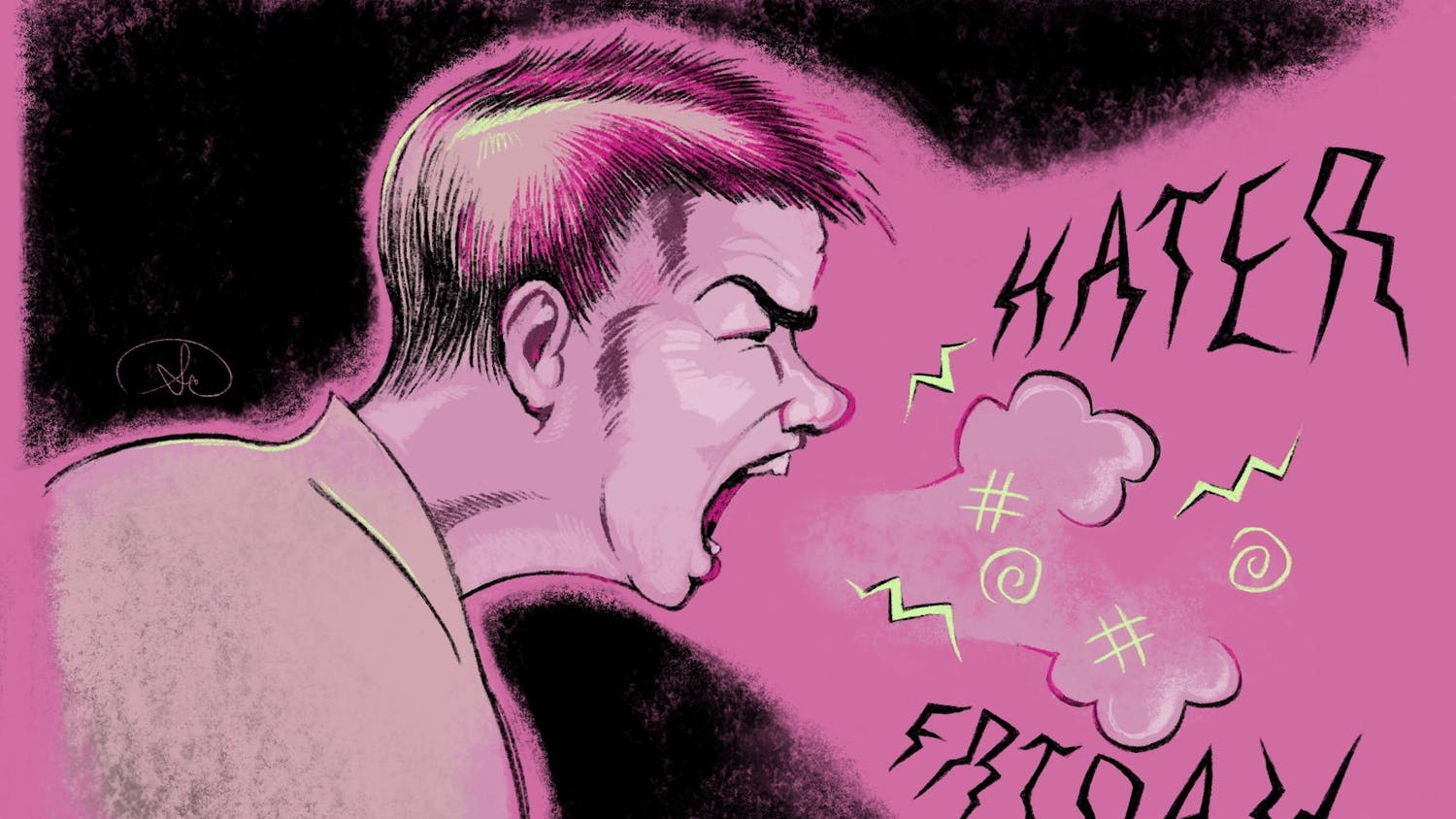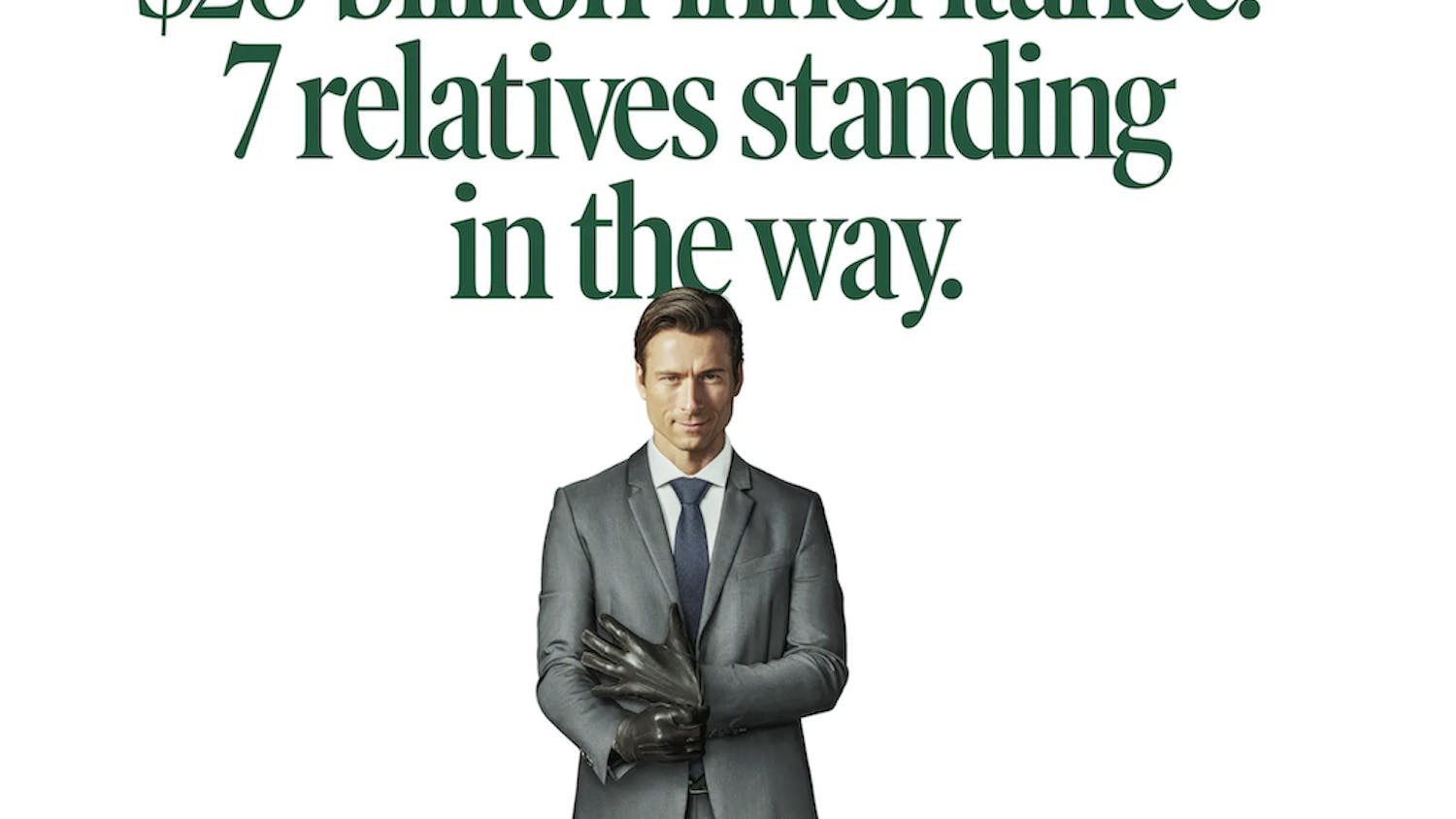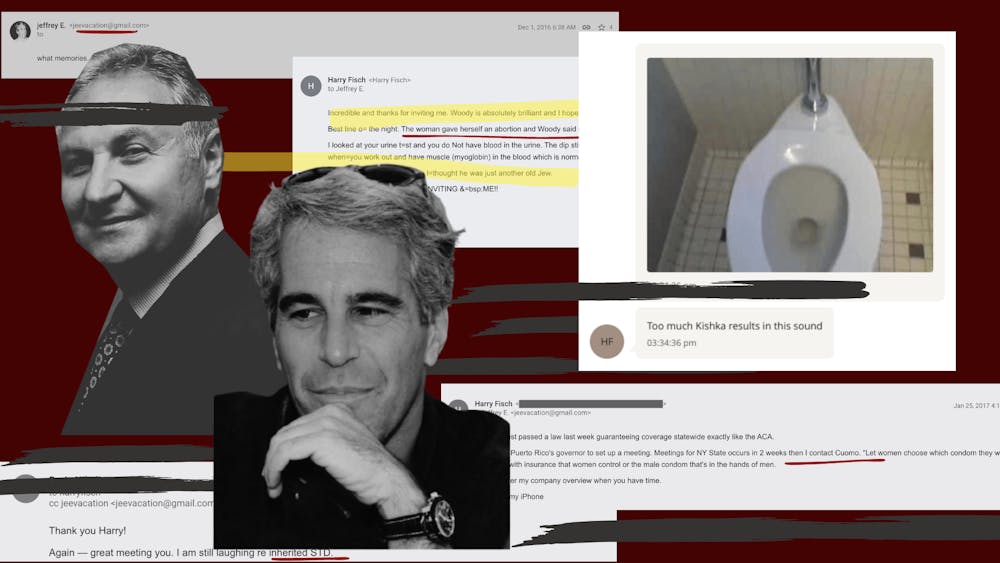It’s more likely than you think.
I don’t think it’s an exaggeration to say that I probably wouldn’t be the person I am today without Anne of Green Gables. In fact — having received it around the age of six or seven — it must have been the first actual novel I ever read. It came with a little Edwardian-esque, heart-shaped locket and had a picture of a red-headed, freckle-faced girl on the cover, clutching a carpetbag and looking wistfully off into the distance. Though the locket has long since disappeared, the appeal of the imaginative, sensitive, impulsive but ultimately well-meaning girl from Prince Edward Island has stuck with me ever since.
As a child, I not only devoured the book series but loved watching the 1985 film adaptation when it used to come on PBS around Thanksgiving. For me, Meagan Follows was the ultimate on-screen Anne, Richard Farnsworth and Colleen Dewhurst — as the Cuthbert siblings — her perfect guardians and Jonathan Crombie’s Gilbert, of course, my romantic ideal for the longest time. Kevin Sullivan’s take on the story, with its lush cinematography of the Canadian landscape, is heart-warming without sacrificing emotional depth and is both lighthearted and profound in all the right moments, bringing to vivid life the characters and complexities of Lucy Maud Montgomery’s Avonlea.
Recently, there’s been a new uptick of interest in Anne, most notably with Netflix’s series Anne with an E. Currently in its third season, the show is a darker, grittier interpretation of the classic, with a much greater focus on social issues that are present in the novel but not necessarily at its forefront, such as its burgeoning feminism and class tensions, as well as other, more “woke” attempts to highlight themes of race and sexuality. This is not to say that such attempts aren’t admirable — they are, and it is important to think critically about historical views on such topics and acknowledge their problematic aspects.
However, a little bit of nuance would go a long way. Increasingly, the creators of Anne with an E have tended to insert and then drag on “wokeness quota”-filling storylines that weigh down the story, detract from its integrity and take away from Anne, who really is the beating heart of these books. None of these characters seem like they could’ve believably existed in 1908 at all; rather, they come across as preachy mouthpieces for the opinions of people living over a century later. Moreover, the creators of the show seem to forget that the novel was, in fact, quite radically feminist for its own era. Its investment in the rich inner life of a teenage girl who is intelligent, driven and passionate was surprisingly new and — in the face of other popular children’s books like Harry Potter and Lord of the Rings — is still refreshing today.
As an English major, I often find a great deal of solace, empathy and joy in reading literature stemming from times that, being a woman of color, I probably would’ve had a lot of difficulty living in myself. Increasingly, I’ve wondered whether this is in itself “problematic” — whether, in some sense, I’m “betraying” my own identity. But the attitude of “cancel culture” is no solution. Neither are revisionist adaptations that do away with subtlety and grounded, nuanced readings of the source material they draw on, ultimately with the result that they destroy more than they revise.
Thinking critically about something doesn’t preclude you from enjoying it. As an adult, I still turn to my favorite passages of Anne of Green Gables to ground me and remind me about the things that really matter. It’s a book that taught me that humor, love and hope can be just as profound and weighty as sadness, that no problem is insurmountable with the right attitude. It introduced me to Tennyson and showed me how poetry could be a great comfort in one’s darkest moments. These are all qualities that rightly should be preserved in modern adaptations, not only because they’re true to the book but because they’re timeless. Including them still leaves plenty of room for exploring important social and political themes.
Furthermore, if creators of films and TV shows really did want to be “woke,” they could dig a little deeper and adapt material from literature and historical sources actually created by people whose social identities went against the dominant culture of their times or those living outside the global West. After all, to use a favorite phrase of Anne Shirley’s, there is always “scope for the imagination.”
Ramya Yandava is a junior in the College of Arts and Sciences. She can be reached at ry86@cornell.edu. Ramya’s Rambles runs alternate Thursdays this semester.











